Council members
Our Council members make up a deliberative body that brings rich and diverse expertise and intellectual credibility.
The main role of the Council is to consider questions of strategic direction and topic identification, critically review ongoing work and projects at key stages, and oversee the range and quality of outputs and activities produced by the Executive team and working groups.
The Council’s contributions ultimately adopt the final outputs and reports produced. The members of our Council are selected for their individual qualities and expertise, not to represent a particular group or view. We have an externally-Chaired membership committee to advise on future membership.
Download a register of Council members’ interests here (February 2024).
Muhammed Afolabi is a Clinical Assistant Professor and UKRI Fellow at the London School of Hygiene & Tropical Medicine. He has more than 12 years of experience in the clinical evaluation of vaccines for Ebola, HIV, and malaria in adult and paediatric populations across several African countries. He also has expertise in bioethics shaping conduct of clinical trials and deployment of multimedia technology for obtaining informed consent among vulnerable populations. Muhammed serves on several vaccine and immunisation committees including the WHO Strategic Advisory Group of Experts (SAGE) Working Group on COVID-19 vaccines.
Ruchi is a Consultant in Public Health Medicine. She works as a Consultant Advisor for the NIHR Coordinating Centre, based at the University of Southampton. Ruchi has worked in a range of public health settings, spanning from the local to international – in her previous role she worked as a Screening and Immunisation Lead for the Thames Valley area, for NHS England. Ruchi has a longstanding interest in bioethics, and completed doctoral research at the Ethox Centre, University of Oxford, focused on ethical issues surrounding sharing infectious disease-related data and samples internationally.
Carol Brayne CBE is a Professor of Public Health Medicine and Co-Director of Public Health at the Cambridge Public Health Interdisciplinary Research Centre in the University of Cambridge. Her research focus has been longitudinal studies focusing on brain ageing and dementia, studies that contribute to national and international policy development. She has led research on Ethical, Legal and Social Implications around diagnostic testing and availability. She is a member and chair of scientific advisory boards, Royal College and Charity Committees.
Simon is a Senior Associate of Involve. He has extensive experience in the fields of public participation, accountability and transparency, scientific and technology innovation and organisational change. He has worked at the local and national level in Africa, Asia, and Europe. His current focus is on developing more effective ways for citizens to be involved in the development and application of technological innovations. Simon is a Fellow WWF UK and Programme Director for Sciencewise.
Victoria Butler-Cole QC is a barrister at 39 Essex Chambers where she specialises in health and social care law including the law of mental capacity.
Melanie is a writer and researcher, across environmental history and philosophy. Her books include ‘On Extinction’, and the forthcoming ‘How To Be Animal’. She publishes and presents ideas that bring together environmental ethics, bioethics, and natural history. Melanie also works in the creative arts, and is a frequent collaborator with composer Mark Simpson. Their first opera, ‘Pleasure’, starring Lesley Garret, toured with Opera North, Royal Opera, and Aldeburgh Music in 2016.
Clare is Professor of Political Philosophy and a Fellow of Jesus College, University of Cambridge. She is the author of several books including Intact: A Defence of the Unmodified Body (Allen Lane / Penguin, 2022). Clare regularly appears on BBC radio, and her research has
featured in print and online media from around the world. She has appeared at a
wide range of festivals and events, including the Hay Literary Festival in both
Hay-on-Wye and Segovia. Clare is the co-Editor-in-Chief of Res Publica, a journal of
moral, legal, and social philosophy.
John is Professor of Law in the Centre for Health, Law, and Society, at the University of Bristol Law School. His research combines legal analysis with approaches from moral and political theory; especially in the contexts of mental capacity law and public health ethics and law. He is a member of the ethics committees of the BMJ and the UK Faculty of Public Health.
Frances is Emeritus Professor of Clinical Genetics at Guy’s & St Thomas NHS Foundation Trust, where she was also the Caldicott Guardian for 12 years. She is an Authority member of the HFEA. She previously served on the Human Genetics Commission, and was the elected President of the Clinical Genetics Society from 2009-11. Frances was a member of the Council’s Working Party on mitochondrial replacement therapies.
Elaine is a former Consultant Psychiatrist, with extensive experience in national and international bioethics policy. Working at the Department of Health, she contributed to bioethical policy development on a wide range of issues. She led bioethical negotiations for the UK in the Council of Europe, UNESCO and the United Nations and has chaired the Council of Europe’s Steering Committee on Bioethics. She now has a judicial role in the First-tier Tribunal.
Anne is Professor of Science & Technology Studies and Head of the School of Social and Political Sciences at the University of Glasgow. She has a background in Science and Technology Studies and Medical Sociology, researching professional, patient and public encounters with innovative health technologies, including assisted conception, reproductive genetics, regenerative medicine, and genomic medicine for cancer. She has written widely on her research with colleagues from across the social and bio-sciences, focusing on how patients, researchers and clinicians craft the opportunities and risks of biomedicine.
Michael is Professor of Science Education at UCL Institute of Education, a Fellow of the Academy of Social Sciences and a Priest in the Church of England. He was a member of the Farm Animal Welfare Council/Committee (2004-12), Director of Education at the Royal Society (2006-08), a member of the GM Science Review Panel (2002-04), Specialist Advisor to the House of Lords Select Committee on Animals in Scientific Procedures (2001-02) and Chair of EuropaBio’s External Advisory Group on Ethics (2000-01).
Selena is a General Practitioner with a portfolio career in
clinical work and medical ethics. She was previously an intern at the WHO
Global Health Ethics Unit, and was a NIHR Academic Clinical Fellow
where her research focused on ethical issues in commissioning. Her primary work
is as a GP in a large general practice, and she also delivers a clinic
providing primary care to refugees and asylum seekers. Selena also works
in a non-clinical role with NHSE exploring how personalised care models
can be used in healthcare systems to improve health for those with chronic pain
and reduce health inequalities. Her academic interests focus on clinical and
applied ethics, public health ethics and, in particular, ethics around health
inequalities. Selena teaches medical ethics at both an undergraduate and
postgraduate level and has been involved in a number of areas of curriculum
design and delivery.
Mehrunisha is Director of Medical Ethics and Law Education at The Ethox Centre, University of Oxford. Her research involves an ethical analysis of the experiences of end of life care services in the UK from Muslim perspectives. She is an expert for UNESCO’s Ethics Teacher Training Programme and was awarded the 2017 National Ibn Sina Muslim News Award for health. She has an ‘Alimiyyah degree in traditional Islamic studies, which she was given under the supervision of Shaykh Akram Nadwi at Al Salam Institute in 2013.
Susan is an independent Consultant Pharmaceutical Physician working with small and medium sized companies in the pharmaceutical industry. She trained in paediatrics and neonatology in the NHS, but having an interest in clinical research she joined the pharmaceutical industry in 1998. Since then she has been involved in the clinical development of new medicines in several therapeutic areas. She was a member of the Council’s working party on Children and Clinical Research.
Stephen is Distinguished Professor of Bioethics at Lancaster University and is an academic researcher specialising in reproductive ethics and the regulation of reproductive technologies.
Stephen spent nine years as joint leader of a Wellcome-funded research programme exploring the Ethics and Regulation of Human Reproductive Donation. In 2022, he became principal investigator for another large Wellcome grant, The Future of Human Reproduction: transformative agendas and methods for the Humanities and Social Sciences.
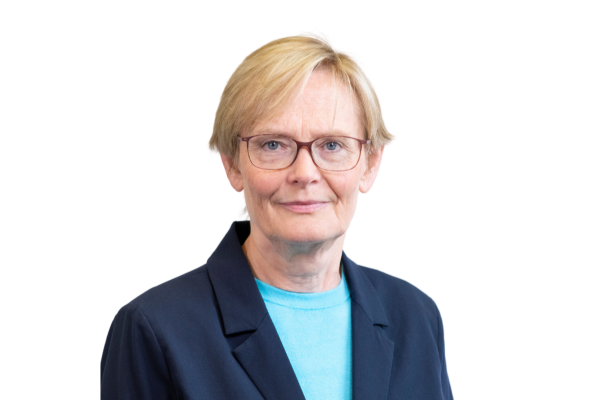
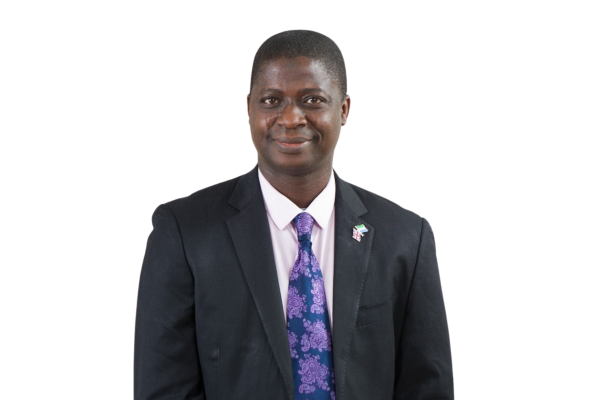
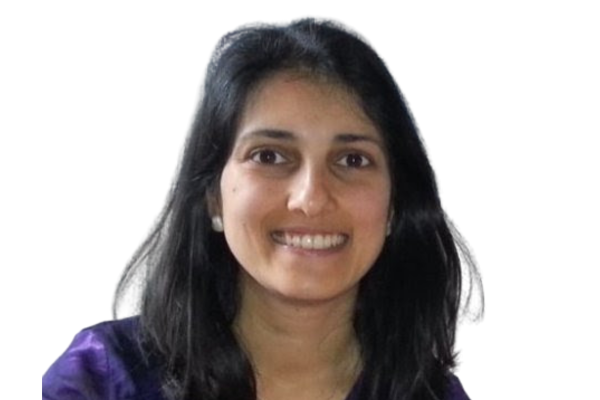
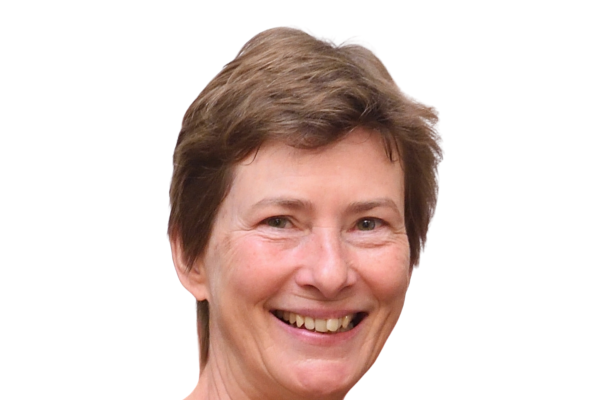
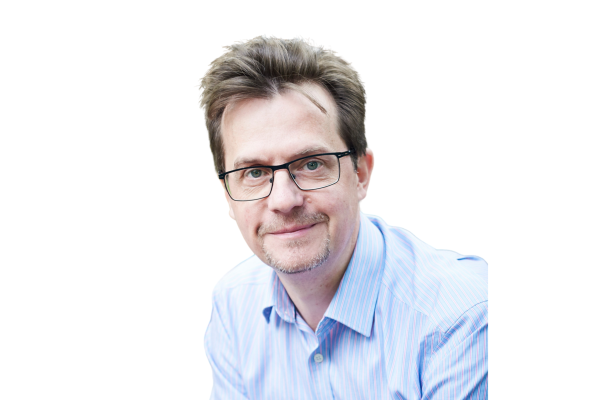
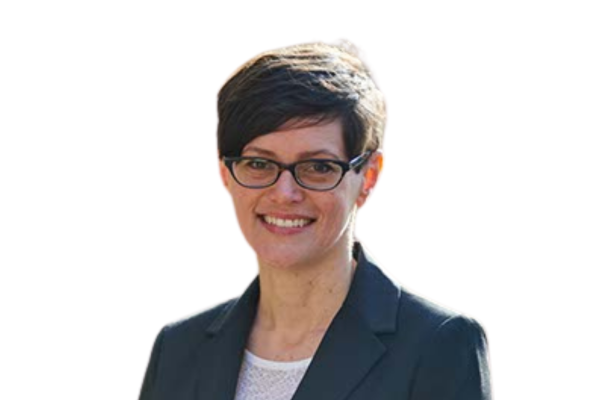
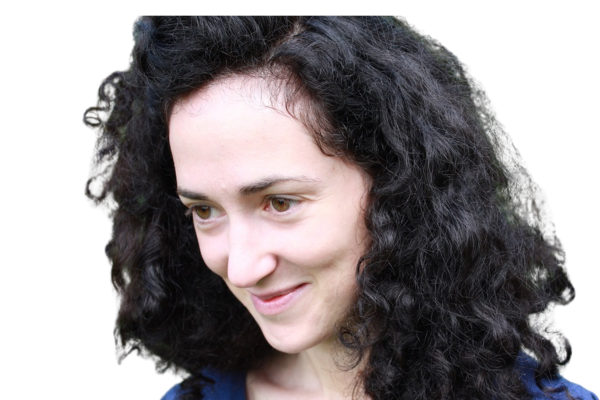
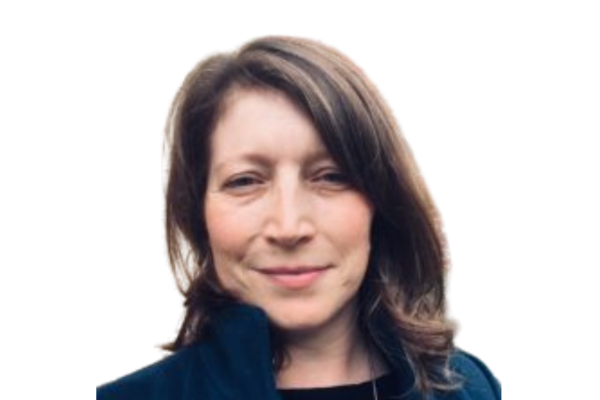

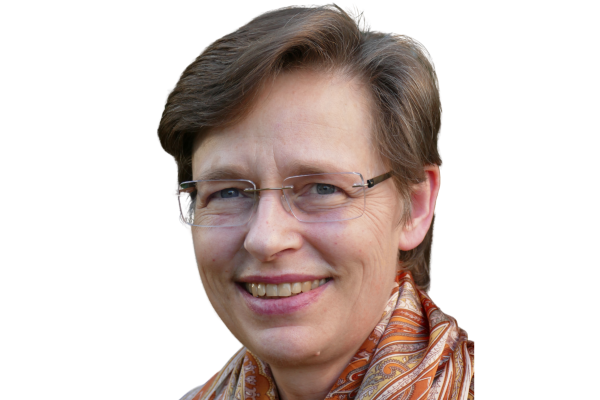
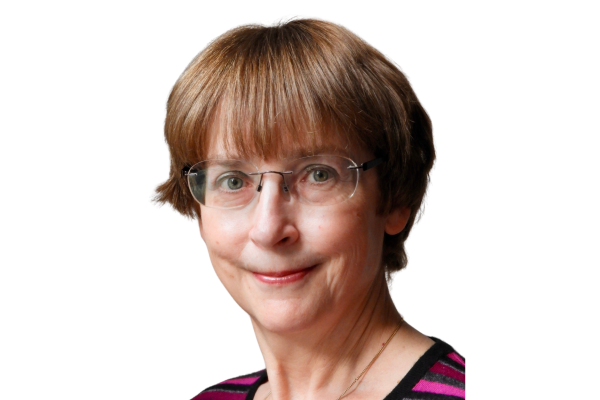
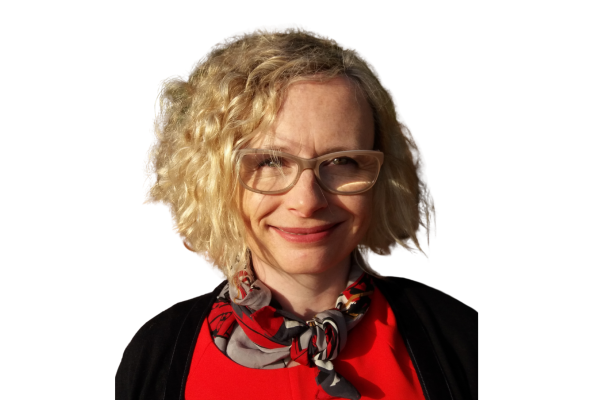
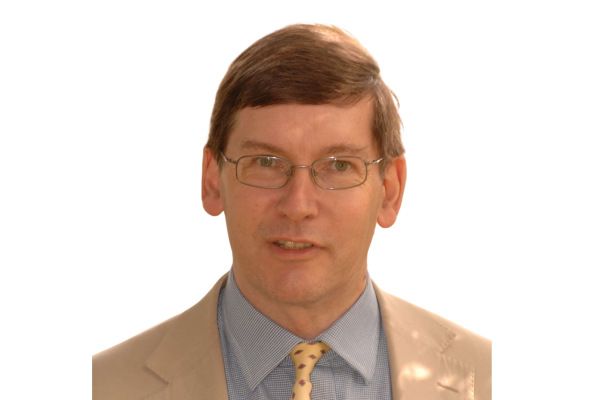
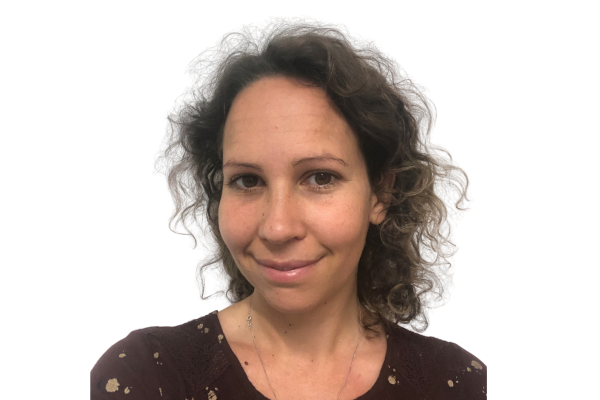
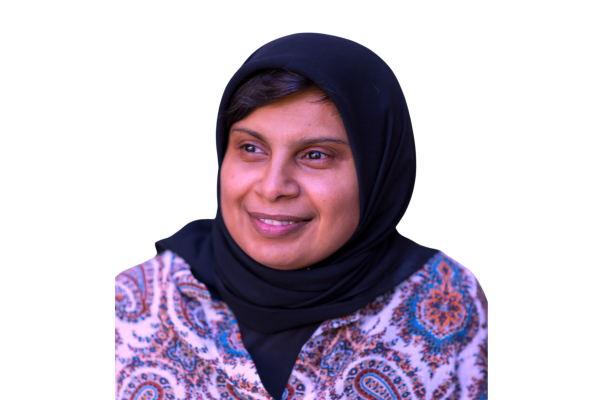
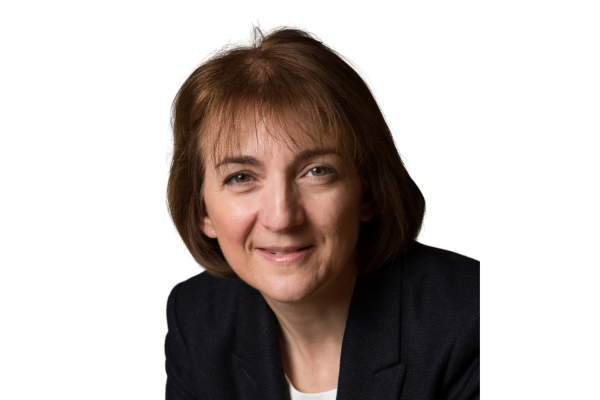
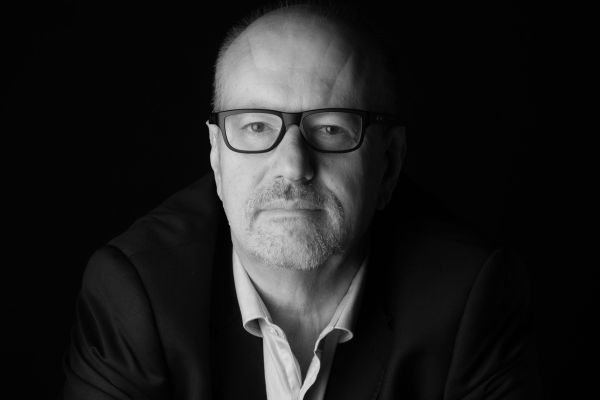
Share